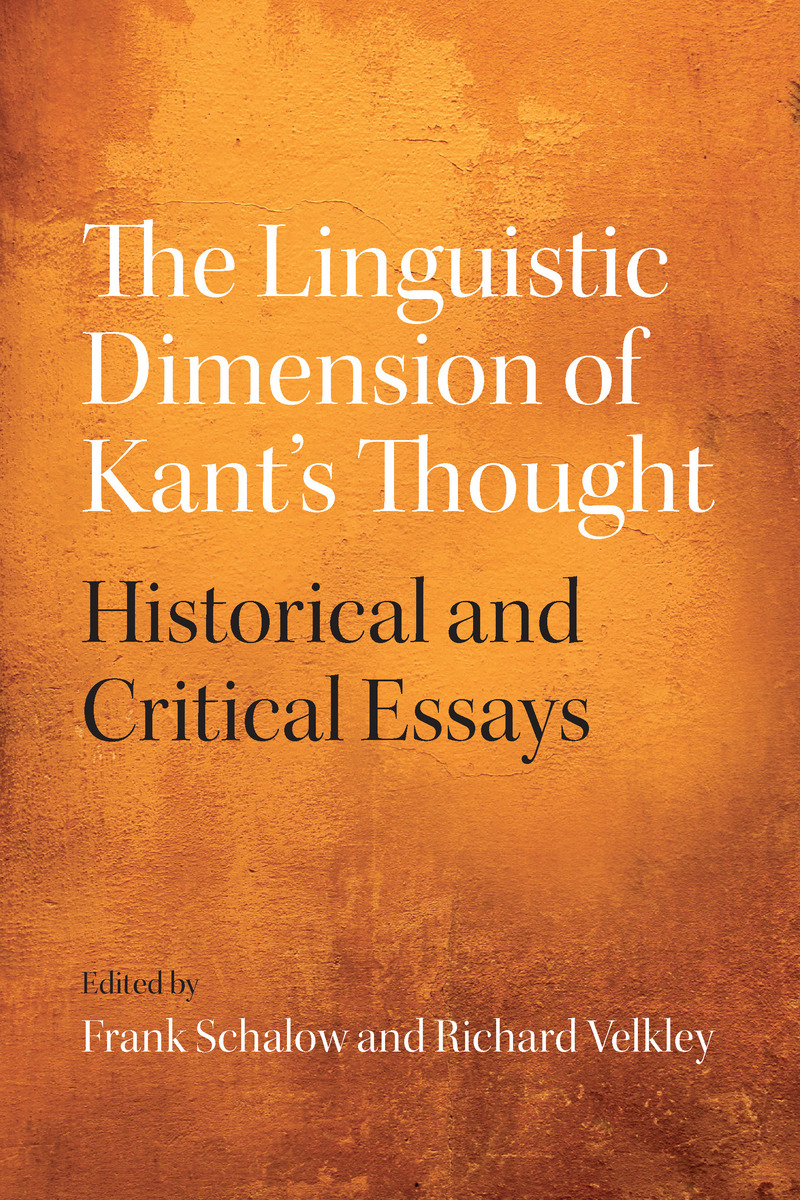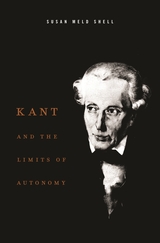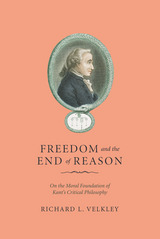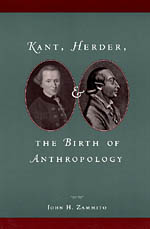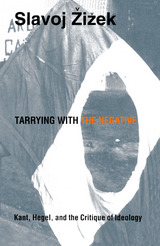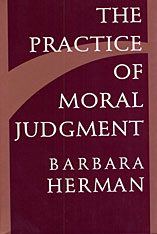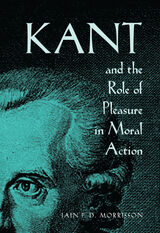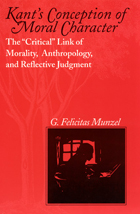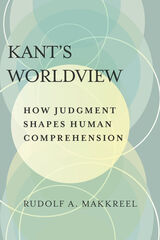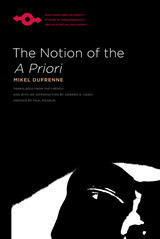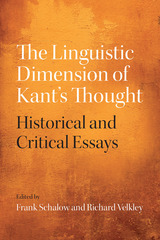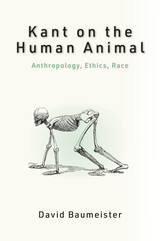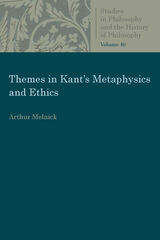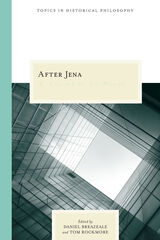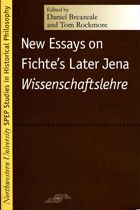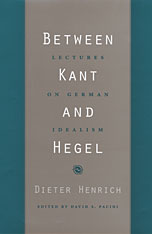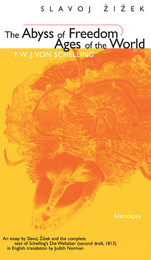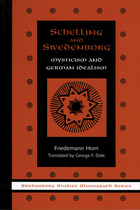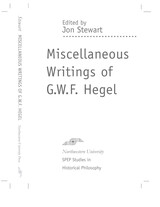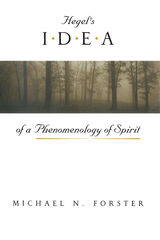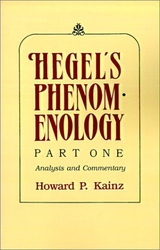eISBN: 978-0-8101-6784-1 | Cloth: 978-0-8101-2996-2 | Paper: 978-0-8101-3439-3
Library of Congress Classification B2799.L26L56 2014
Dewey Decimal Classification 193
Among modern philosophers, Immanuel Kant (1724–1804) has few rivals for his influence over the development of contemporary philosophy as a whole. While the issue of language has become a key fulcrum of continental philosophy since the twentieth century, Kant has been overlooked as a thinker whose breadth of insight has helped to spearhead this advance.
The Linguistic Dimension of Kant’s Thought remedies this historical gap by gathering new essays by distinguished Kant scholars. The chapters examine the many ways that Kant’s philosophy addresses the nature of language. Although language as a formal structure of thought and expression has always been part of the philosophical tradition, the “linguistic dimension” of these essays speaks to language more broadly as a practice including communication, exchange, and dialogue.
See other books on: 1724-1804 | Critical Essays | Kant, Immanuel | Language and languages | Velkley, Richard
See other titles from Northwestern University Press
